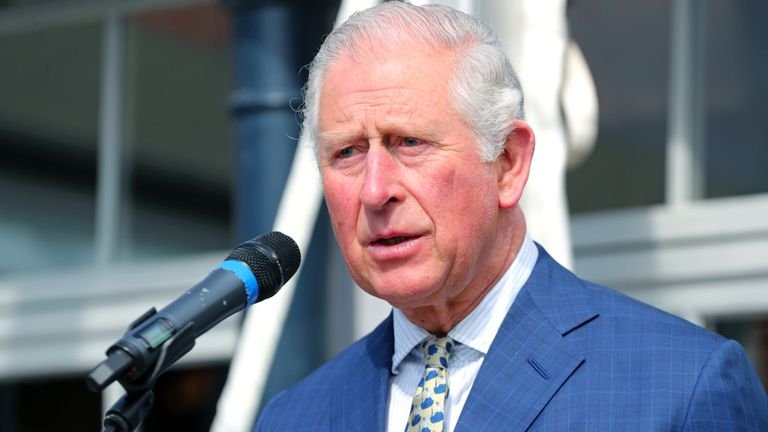More than one billion people are living in acute poverty across the globe, a UN Development Programme report said Thursday, with children accounting for over half of those affected.
The paper published with the Oxford Poverty and Human Development Initiative (OPHI) highlighted that poverty rates were three times higher in countries at war, as 2023 saw the most conflicts around the world since the Second World War.
The UNDP and the OPHI have published their Multidimensional Poverty Index annually since 2010, harvesting data from 112 countries with a combined population of 6.3 billion people.
It uses indicators such as a lack of adequate housing, sanitation, electricity, cooking fuel, nutrition and school attendance.
“The 2024 MPI paints a sobering picture: 1.1 billion people endure multidimensional poverty, of which 455 million live in the shadow of conflict,” said Yanchun Zhang, chief statistician at the UNDP.
“For the poor in conflict-affected countries, the struggle for basic needs is a far harsher and more desperate battle,” Zhang told AFP.
The report echoed last year’s findings that 1.1 billion out of 6.1 billion people across 110 countries were facing extreme multidimensional poverty.
Thursday’s paper showed that some 584 million people under 18 were experiencing extreme penury, accounting for 27.9 percent of children worldwide, compared with 13.5 percent of adults.
It also showed that 83.2 percent of the world’s poorest people live in Sub-Saharan Africa and South Asia.
Sabina Alkire, director of the OPHI, told AFP that conflicts were hindering efforts for poverty reduction.
“At some level, these findings are intuitive. But what shocked us was the sheer magnitude of people who are struggling to live a decent life and at the same time fearing for their safety –- 455 million,” she said.
“This points to a stark but unavoidable challenge to the international community to both zero in on poverty reduction and foster peace, so that any ensuing peace actually endures,” Alkire added.
India was the country with the largest number of people in extreme penury, which impacts 234 million of its 1.4 billion population.
It was followed by Pakistan, Ethiopia, Nigeria and the Democratic Republic of the Congo. The five countries accounted for nearly half of the 1.1 billion poor people.











